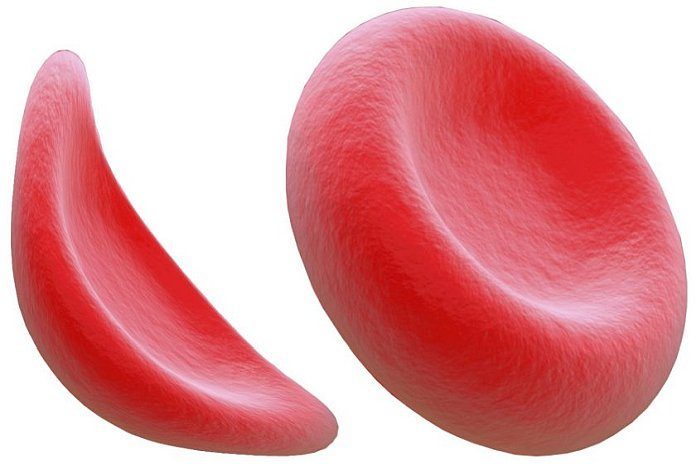MONTREAL, Canada – The 2020 edition of Black History Month is an opportunity for Héma-Québec to underscore the vital support of blood donors from Black communities, especially affected by sickle cell anemia, a hereditary blood disease whose treatment can require multiple transfusions at frequent intervals.
One of the treatments for this disease consists of blood exchanges (erythrocytapheresis) to remove the red blood cells of the person affected and replace them with those of healthy donors. This procedure usually takes place every four weeks and requires red blood cells from ten different donors. On a yearly basis, one person with sickle cell anemia will need blood from 130 different donors on average.
But the challenge is even more daunting when you know that persons who receive transfusions on a frequent basis are at risk of developing antibodies that result in adverse reactions during transfusion. One solution to reduce these adverse reactions is for the donor and recipient to share a similar genetic makeup.

Mobilizing donors from Black communities makes a major difference in the quality of life of persons with sickle cell anemia who require transfusions on a frequent basis.
More than 8,500 new blood donors have been recruited among Black communities since Héma-Québec began its awareness program about sickle cell anemia in 2009. But despite encouraging results, the number of persons with sickle cell anemia requiring blood exchanges is also rising.
Héma-Québec is, therefore, launching an appeal to recruit 1,000 new donors from Black communities this year to better meet the needs of patients from these communities who have sickle cell anemia.





